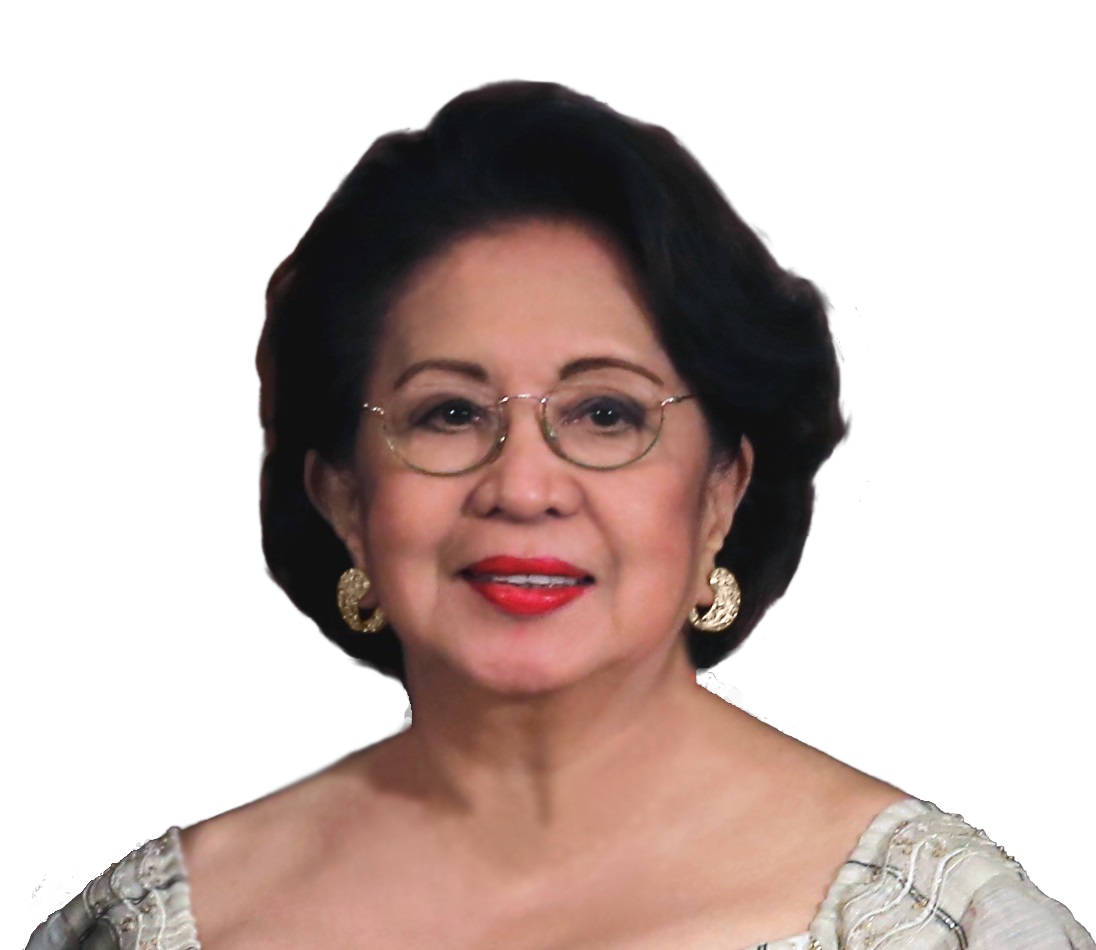
MANILA, Philippines — Ombudsman Conchita Carpio-Morales finally broke her silence regarding the preventive suspension released against Overall Deputy Ombudsman Arthur Carandang, saying it is a “clear affront” to the Supreme Court and “impairment” of the independence of the Office of the Ombudsman.
“It has become clear that the act of the Office of the President in taking cognizance of the complaints against the Overall Deputy Ombudsman and ordering his preventive suspension was not an inadvertent error but a clear affront to the Supreme Court (SC) and an impairment of the constitutionally enshrined independence of the Office of the Ombudsman,” Morales said in a statement on Wednesday.
Morales claimed that the president has no authority to discipline Ombudsman and its deputies, citing a jurisprudence of the SC on 2914 declaring Section 8 (2) ng Republic Act 6770 or the Ombudsman law as “unconstitutional.”
“Like any government official, the Ombudsman has sworn to uphold the Constitution and the laws of the land. The Ombudsman will thus not allow herself to betray her sworn duty to uphold the Constitution by recognizing what is patently unconstitutional as ordained by the Supreme Court en banc in Gonzales III v. Office of the President (G.R. No. 196231, 28 January 2014),” Morales said.
“The Ombudsman cannot, therefore, seriously place at risk the independence of the very Office which she has pledged to protect on the strength of the constitutional guarantees which the High Court has upheld,” the Ombudsman added.
The Office of the President directed the suspension of Carandang for supposed illegal investigation on the bank details of President Rodrigo Duterte and his family.
It can also be recalled that Morales asked Carandang to lead the inquiry on the alleged ill-gotten wealth of the president.
However, Solicitor General Jose Calida defended Duterte’s directive, saying that the president still has the authority to control a deputy Ombudsman despite the existing decision of the court.
“The Constitution is clear, that only the ombudsman is subject to impeachment proceedings. While silent as to the disciplinary authority over a deputy ombudsman, the subsequent enactment of the Ombudsman Act filled this gap and expressly granted the authority to the President,” Calida said.